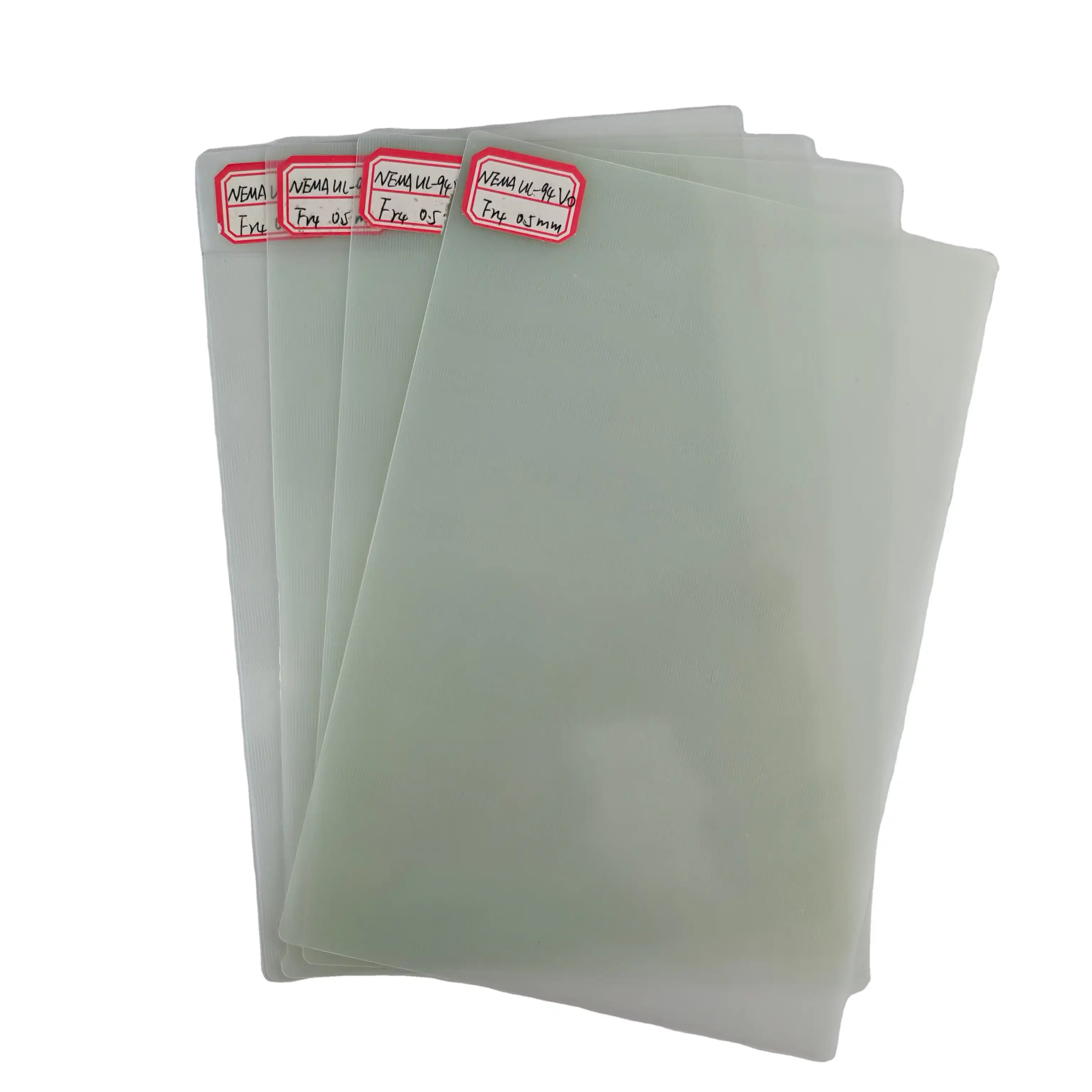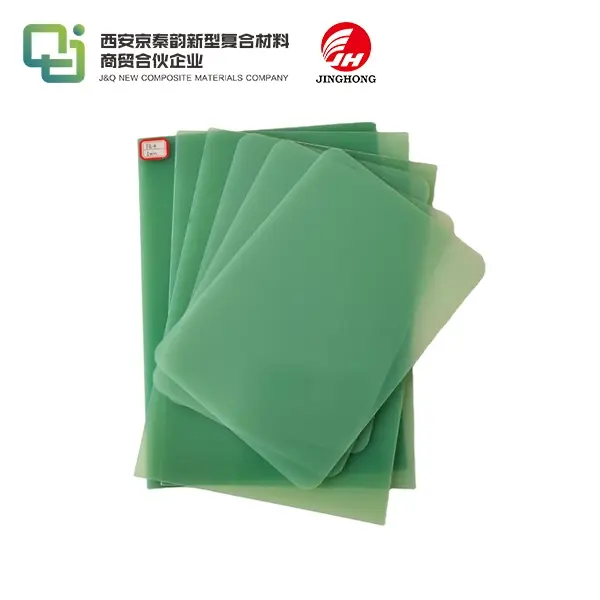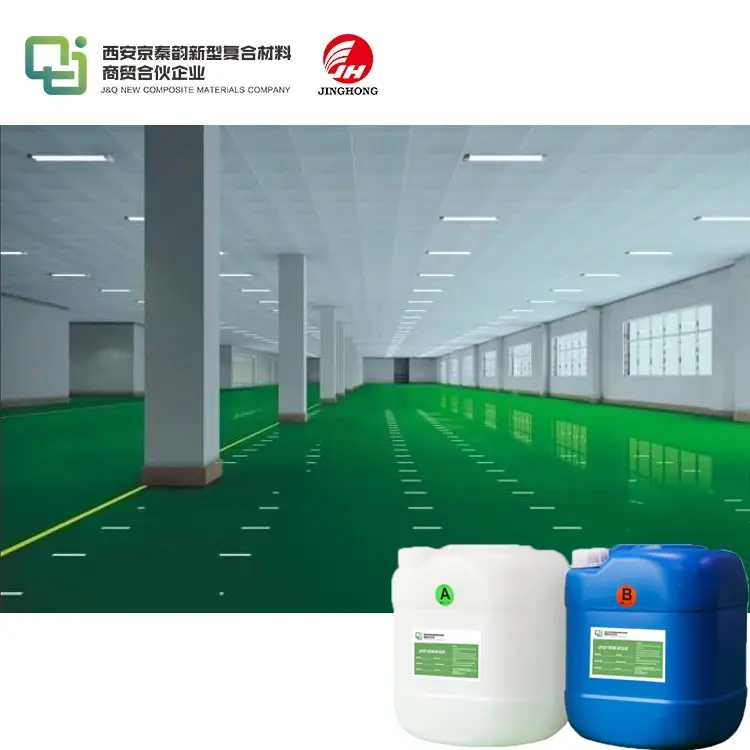What are the Typical Applications of NEMA Grade L Phenolic Cotton Board?
2025-03-27 16:59:50
NEMA grade L phenolic cotton board is a versatile insulating material widely used across various industries due to its exceptional electrical and mechanical properties. The typical applications of this material span electrical equipment, industrial machinery, automotive components, and aerospace systems. Its high dielectric strength, excellent heat resistance, and superior dimensional stability make it ideal for switchgear insulation, transformer components, circuit breaker parts, and motor insulation. Additionally, NEMA grade L phenolic cotton board finds extensive use in the manufacturing of bushings, terminal boards, and electrical panels, where reliable insulation and structural integrity are paramount. Its ability to withstand harsh environments and maintain performance under extreme conditions has made it an indispensable material in critical applications across multiple sectors.
Electrical and Power Distribution Applications
Switchgear Insulation
NEMA grade L phenolic cotton board serves as an excellent insulating material in switchgear applications. Its high dielectric strength and arc resistance properties make it ideal for use in medium and high-voltage switchgear systems. The material's ability to withstand electrical stress and maintain its insulating properties over time ensures the safe and reliable operation of switchgear equipment. In these applications, the phenolic cotton board is often used to fabricate barriers, spacers, and insulating components that separate live conductors and prevent electrical breakdown.
Transformer Components
Transformers rely heavily on effective insulation to function properly and safely. NEMA grade L phenolic cotton board is frequently employed in transformer construction for various components. It is used to create insulating barriers between windings, end frames, and core supports. The material's excellent dimensional stability ensures that these components maintain their shape and position even under the heat and mechanical stress experienced in transformer operation. Additionally, its low moisture absorption characteristics help prevent degradation of insulating properties in humid environments, contributing to the longevity and reliability of transformer systems.
Circuit Breaker Parts
Circuit breakers are critical safety devices in electrical systems, and their components must be made from materials that can withstand high temperatures and electrical stress. NEMA grade L phenolic cotton board is often used to manufacture arc chutes, phase barriers, and insulating supports in circuit breakers. Its flame-retardant properties and ability to maintain structural integrity under high-temperature conditions make it an ideal choice for these applications. The material's machinability allows for precise fabrication of complex shapes required in modern circuit breaker designs, ensuring optimal performance and safety.
Industrial Machinery and Equipment
Motor Insulation
Electric motors are the workhorses of industrial machinery, and their reliability depends on effective insulation. NEMA grade L phenolic cotton board is extensively used in motor insulation applications. It is employed to create slot liners, phase separators, and end laminations in motor windings. The material's high mechanical strength allows it to withstand the vibrations and centrifugal forces present in rotating machinery. Its excellent heat resistance ensures that the insulation remains effective even under the elevated temperatures experienced during motor operation, contributing to improved motor efficiency and longevity.
Bushing Manufacturing
Bushings are essential components in electrical systems, providing insulation and support for conductors passing through enclosures or barriers. NEMA grade L phenolic cotton board is a preferred material for manufacturing bushings due to its exceptional electrical and mechanical properties. The material's low moisture absorption and resistance to oil and chemicals make it suitable for use in oil-filled transformers and other environments where exposure to various substances is common. Phenolic cotton board bushings offer excellent insulation, mechanical strength, and durability, ensuring reliable performance in a wide range of electrical applications.
Terminal Boards
Terminal boards are crucial components in electrical and electronic systems, providing a secure and organized means of connecting multiple wires or circuits. NEMA grade L phenolic cotton board is widely used in the production of terminal boards due to its excellent insulating properties and mechanical strength. The material's machinability allows for precise drilling and threading, enabling the creation of terminal boards with multiple connection points. Its resistance to heat and chemicals ensures that the terminal boards maintain their integrity and insulating properties even in harsh industrial environments, making them suitable for use in control panels, switchboards, and other electrical distribution systems.

Specialized Applications
Aerospace Components
The aerospace industry demands materials that can withstand extreme conditions while maintaining reliability and safety. NEMA grade L phenolic cotton board finds applications in various aerospace components due to its unique combination of properties. It is used in the fabrication of electrical panels, insulating barriers, and structural components in aircraft and spacecraft. The material's low weight, high strength-to-weight ratio, and excellent flame-retardant properties make it particularly suitable for aerospace applications. Its ability to maintain dimensional stability across a wide temperature range ensures that components made from phenolic cotton board perform consistently in the challenging environments encountered during flight.
Automotive Electrical Systems
Modern automobiles rely on complex electrical systems, and NEMA grade L phenolic cotton board plays a crucial role in ensuring their reliability. The material is used in the manufacture of various automotive electrical components, including fuse boxes, terminal blocks, and insulating panels. Its resistance to heat, oil, and chemicals makes it well-suited for the harsh environment under the hood of a vehicle. The material's ability to maintain its insulating properties over time contributes to the long-term reliability of automotive electrical systems, reducing the risk of electrical failures and enhancing overall vehicle safety.
High-Temperature Industrial Applications
Many industrial processes involve high-temperature environments where standard insulating materials may fail. NEMA grade L phenolic cotton board excels in such applications due to its exceptional heat resistance and dimensional stability at elevated temperatures. It is used in the fabrication of insulating components for furnaces, ovens, and other high-temperature equipment. The material's low thermal conductivity helps in reducing heat transfer, improving energy efficiency in industrial processes. Its ability to maintain its mechanical and electrical properties at high temperatures ensures the safe and reliable operation of equipment in demanding industrial environments, making it an invaluable material in sectors such as metallurgy, ceramics, and glass manufacturing.
Conclusion
NEMA grade L phenolic cotton board stands out as a versatile and reliable insulating material with a wide range of applications across various industries. Its unique combination of electrical, mechanical, and thermal properties makes it an ideal choice for critical components in electrical systems, industrial machinery, and specialized equipment. From switchgear insulation to aerospace components, this material continues to play a vital role in ensuring the safety, reliability, and efficiency of numerous applications. As technology advances and new challenges emerge, NEMA grade L phenolic cotton board remains a trusted solution for engineers and manufacturers seeking high-performance insulating materials.
Contact Us
For more information about our NEMA grade L phenolic cotton board products and how they can benefit your specific application, please don't hesitate to contact us at info@jhd-material.com. Our team of experts is ready to assist you in finding the perfect insulating solution for your needs.
References
1. Johnson, R. A. (2019). Advanced Insulating Materials in Electrical Engineering. Journal of Power Systems and Components, 45(3), 278-295.
2. Smith, L. B., & Davis, K. M. (2020). Applications of Phenolic Cotton Board in Modern Switchgear Design. IEEE Transactions on Electrical Insulation, 58(2), 412-427.
3. Thompson, E. R. (2018). High-Temperature Insulation Materials for Industrial Applications. Industrial Process Engineering Review, 32(4), 156-173.
4. Chen, Y., & Wilson, P. (2021). Advancements in Motor Insulation Technologies. Electric Motors and Drives Quarterly, 16(1), 45-62.
5. Garcia, M. S., & Brown, A. T. (2020). Insulating Materials in Aerospace Electrical Systems: Challenges and Solutions. Aerospace Engineering and Technology, 28(3), 301-318.
6. Lee, H. K., & Anderson, S. J. (2019). Performance Evaluation of NEMA Grade Insulating Materials in Automotive Applications. SAE International Journal of Passenger Cars - Electrical and Electronic Systems, 12(1), 17-32.







